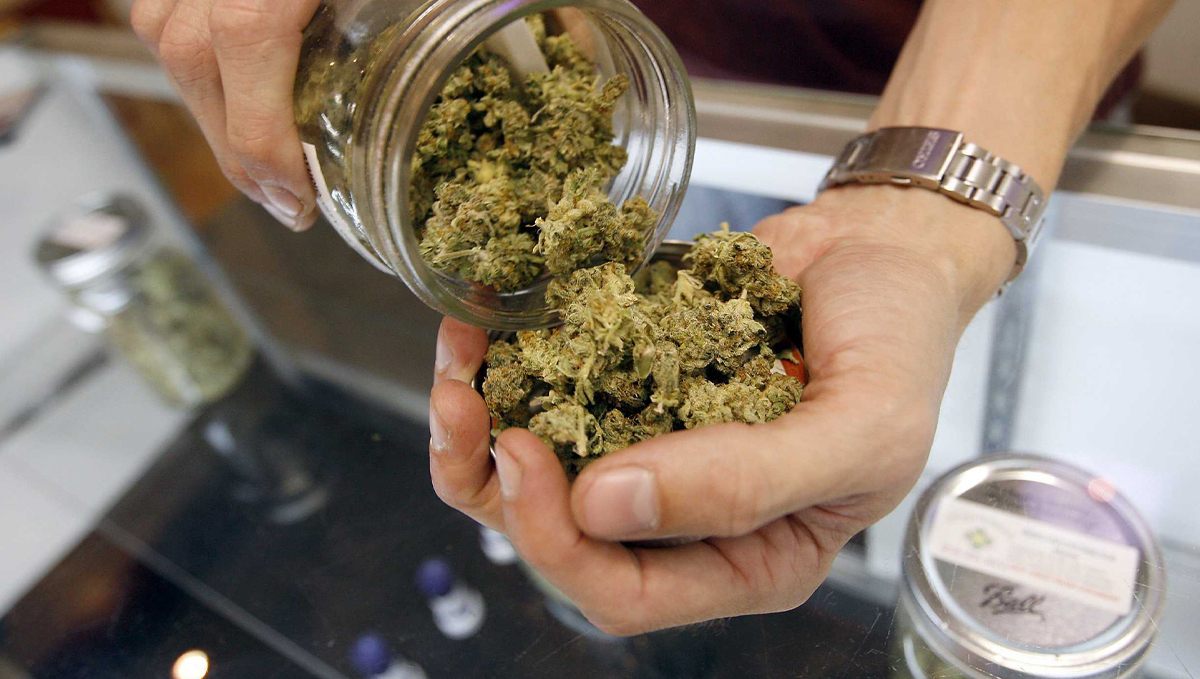Germany Will Legalize Sales of Recreational Cannabis in Licensed Shops

The three German parties that are likely to form the new coalition government all want to make the adult use of cannabis legal. According to a recent report by a government task group, they want cannabis to be legally sold to adults through licensed shops.
The main objectives of the initiative are the disruption of the illegal market, harm reduction, and the protection of the youth. Although the incentives to fill the treasury coffers with billions of euros may seem strong, the architects of the legislation deny any monetary motives.
Making Good on Election Promises
The main champion of cannabis legalization is Olaf Scholz, the leader of center-left Social Democrats and the chancellor-in-waiting. The other two parties that are likely to join the ruling coalition have also made cannabis reform part of their campaign in the September elections. All three have been proposing different strategies but cited the same motives.
The idea is to create a regulated safe environment for recreational consumers where they can buy a product of known quality and free of harmful contaminants. The proponents of the new policy also hope that the black market will dry out once the substance becomes available in legal shops. Among other things, this will hopefully disrupt the selling of illegal substances to adolescents.

Another proposition is to create a drug-testing system that would allow black market customers to test their purchases and make sure they are not contaminated by dangerous adulterants.
The sources in the task group say that they plan to revisit the law in 4 years and see how it has impacted society.
Harm Reduction Aside, Legalization Will be a Financial Bonanza
With global sales of legal marijuana reaching $21 (€18,56) billion, the financial significance of cannabis legalization is hard to overlook. After all, the population in Germany is 83 million people, and once the country legalizes the drug, it will become by far the largest legal market in the world. Today, California takes first place with 39.5 million people, and Canada is a close second with 38 million.
A recent report by the Institute for Competition Economics estimated that Germany will get an additional €3.4 billion worth of taxes annually by 2025. Another €1.3 billion will be saved by the judiciary system once it stops prosecuting those who break the current cannabis laws.
Currently, the substance is illegal to buy, sell, and consume for recreational purposes but medicinal use was allowed in 2017.











Comments